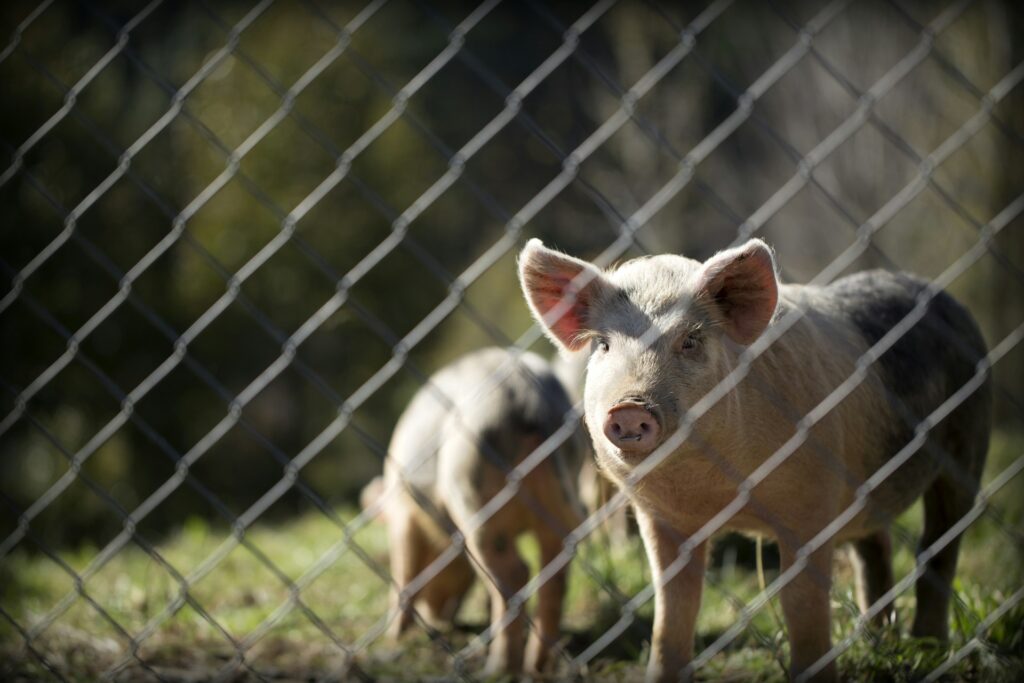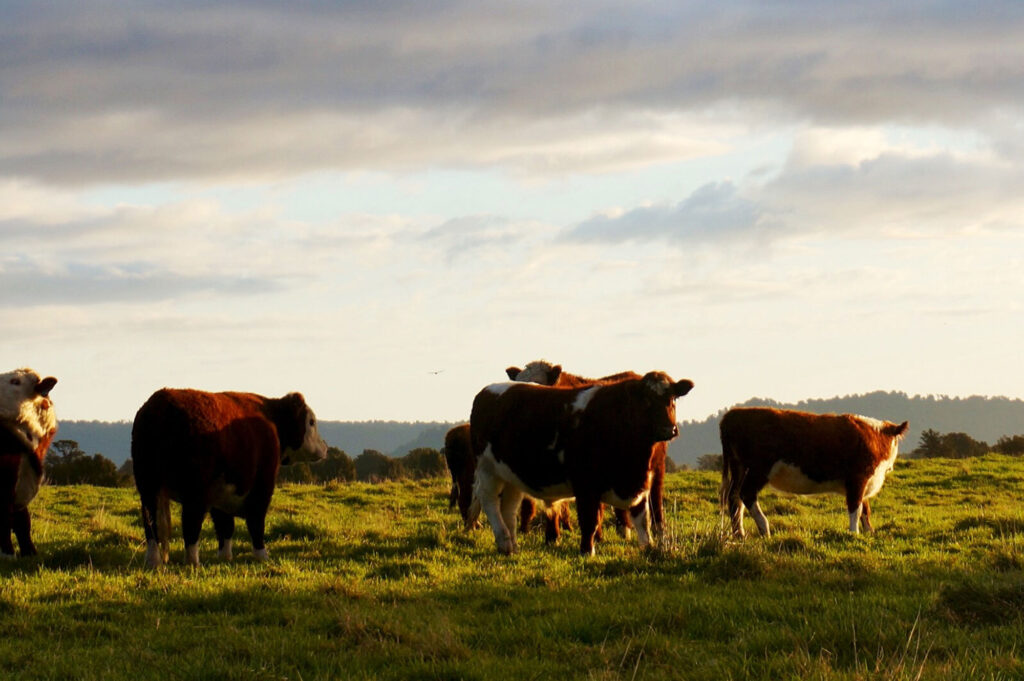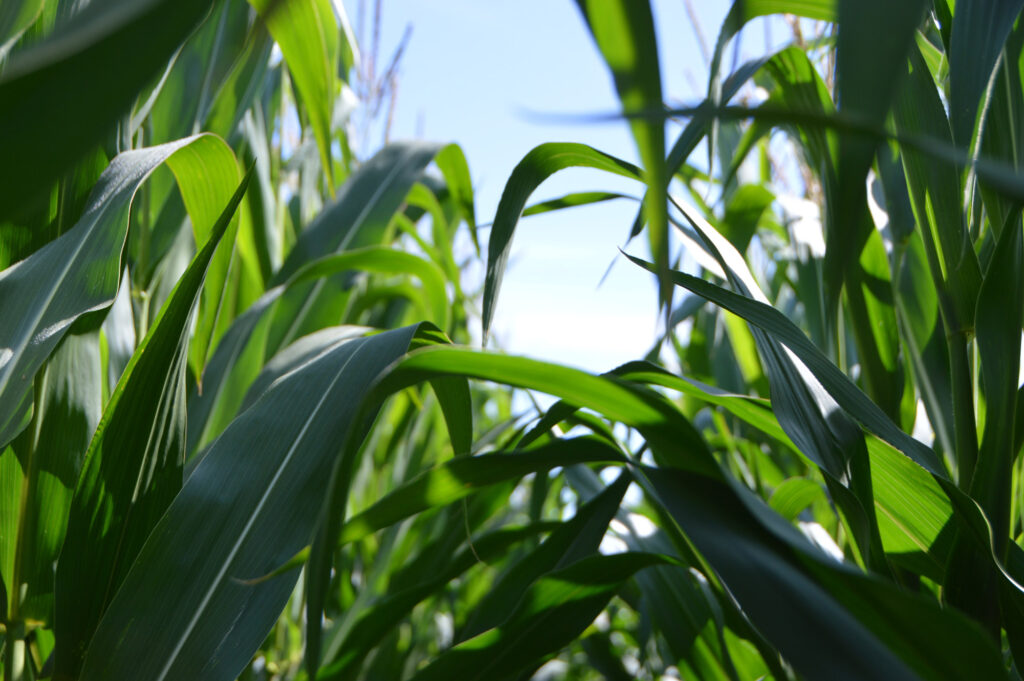Hog and dairy farms are increasingly turning towards innovative practices to manage wastewater and reclaim manure lagoons. These initiatives not only mitigate environmental impacts but also offer economic benefits and promote a healthier ecosystem. Some of the most important factors in implementing sustainable farm practices include wastewater treatment plans, reclaiming manure lagoons as well as incentivizing farmers with carbon credits. In this article we explore how these processes as well as other sustainable practices are driving positive change within the North American agricultural industry.
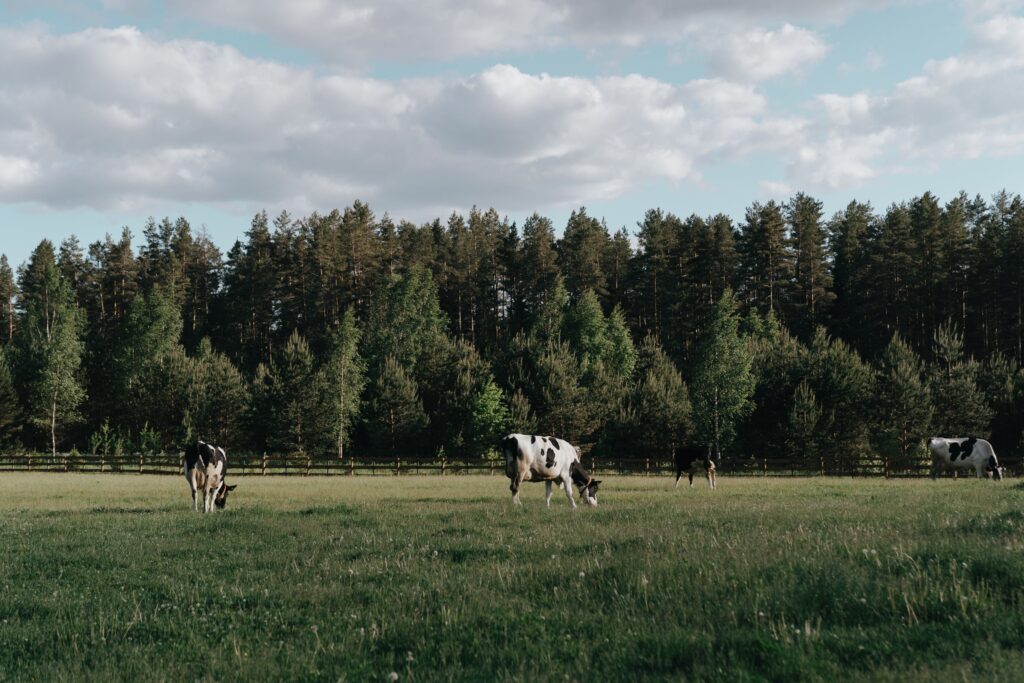
1. Implementing wastewater treatment plans for hog & dairy farms will provide sustainable benefits for agriculture industries;
Wastewater treatment systems offer a sustainable solution for managing agriculture wastewater and manure. Wastewater refers to the water that becomes contaminated or polluted during agricultural activities. It is generated from various farming practices and can include runoff, irrigation water, and processing water from agricultural operations. This wastewater can carry a range of pollutants and contaminants, animal waste, organic waste, heavy metals, pesticides and herbicides. Efficient management of agricultural wastewater is essential to protect water resources and the environment. Livestock Water & Energy adopt revolutionary technology with advanced oxidation and Vacuum Membrane Distillation at a high flux rate that no other company or service is able to achieve.
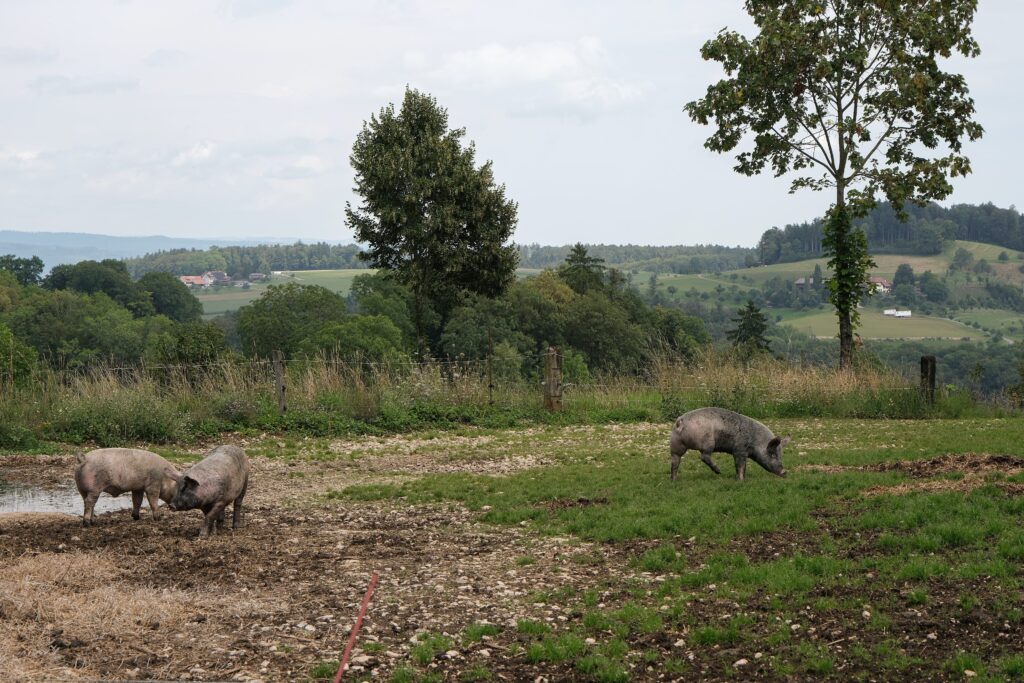
2 Reclaiming Manure Lagoons is an important sustainable farming practice that offers economical, social and environmental benefits for farmers:
Traditional manure lagoons can release harmful pollutants and toxins into surrounding soil and water sources, leading to water contamination and ecosystem degradation. The presence of manure lagoons near local communities can pose health and safety risks including toxic odors, airborne pathogens, and potential breaches of lagoon walls. Our wastewater treatment systems effectively treat the stored manure, separating it into clean water and dry fertilizer. The clean water can be used for irrigation, reducing the reliance on freshwater sources and promoting responsible water management. Additionally, the nutrient-rich dry fertilizer can serve as a valuable organic amendment for agricultural lands, contributing to increased crop yields and soil health. This transformative solution addresses pressing environmental concerns and fosters a more eco-friendly and socially responsible approach to manure management.
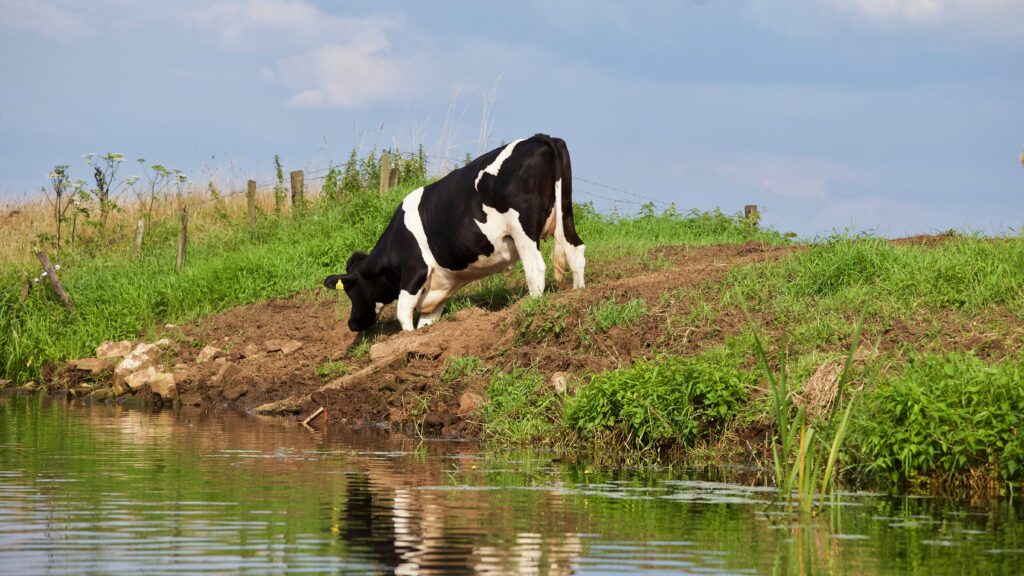
3. Carbon Credits incentivize farmers to adopt more sustainable farming practices and can also provide economical benefits by offsetting carbon emissions.
By participating in carbon credit programs, farmers can contribute to the protection and restoration of water resources, benefiting both the environment and local communities. As the demand for carbon credits grows, farmers have the opportunity to access new markets and buyers interested in offsetting their carbon footprint. This creates a valuable market for farmers to monetize their sustainable practices, contributing to their financial stability.Adopting sustainable practices that qualify for carbon credits can increase the value of farmland. Buyers and investors are increasingly recognizing the long-term value of land managed with environmentally friendly practices, leading to higher land prices and greater returns on investment for farmers.
In conclusion, implementing sustainable practices for wastewater management and manure lagoon reclamation is essential for the long-term viability and resilience of hog and dairy farms. By adopting technologies such as anaerobic digestion systems, constructed wetlands, nutrient recovery technologies, and covered lagoon systems, farms can minimize environmental impact, conserve resources, and enhance profitability. Let’s embrace these innovative solutions and pave the way for a more sustainable future in agriculture.

